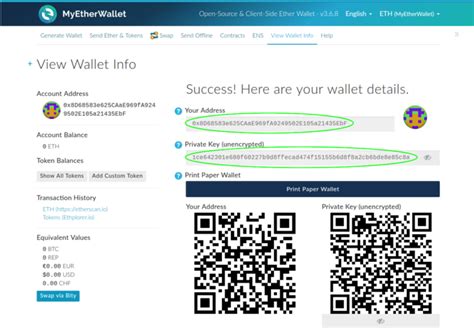understanding the validation of the block in Ethereum: A guide
As any Ethereum user knows, the validation of the block is a critical step in the consensus algorithm, ensuring that the transactions are safe and irreversible. However, many users could ask how long a new block lasts to be validated by a miner before being used by other connected nodes.
The process of validating the block

To correct your assumption: the miners do not validate the blocks immediately after receiving them from colleagues. Instead, it performs a process called “mining”, where it competes to solve complex mathematical problems that provide the network and check the transactions.
Here is a step by step breakdown of how the block validation works:
- Creating the block : A new block is created by a miner, which contains a list of unconfirmed transactions.
- Validation of transactions : Miner checks each transaction in the block to ensure that it is valid (ie it has sufficient funds and meets other requirements).
- Sorting transactions : Miner sorts the block transactions based on their urgency (for example, high priority transactions are priority to others).
- Block Merkle Hashing
: Miner generates a cryptographic hash of sorted transactions, known as the Hash Merkle block.
- Evidence check (POW) : Miners compete to find a block with a hash that meets certain criteria, usually related to Hash Merkle blocking and other puzzle components. This process is called proof of work (POW).
- Block confirmation : Once a miner finds a valid POW block, transmits it on the network and awaits confirmation from other knots.
- Confirmation process : Other nodes check that the transactions in the new block are correct and comply with the Ethereum network rules.
How long does the block validate?
The time required to validate the block depends on several factors:
* Network congestion : When more miners compete for POW blocks, it can lead to slower validation times.
* Block size : Larger blocks require more computing power and can take longer to validate.
* Power Miner : The number of miners participating in the network also affects the validation process.
On average, the validation of the block can take anywhere from 10 minutes to a few hours. However, this may vary significantly depending on the specific conditions.
Conclusion
In summary, the validation of the block is a complex process that requires computing power and mathematical expertise. The miners compete to solve POW puzzles, which can lead to slower validation times. Although it is not possible for the miners to validate the blocks immediately, they work together to ensure the network and ensure the integrity of the transactions. By understanding how Ethereum works, you will be better equipped to browse in the world of decentralized (Defi) and other applications based on blockchain.

